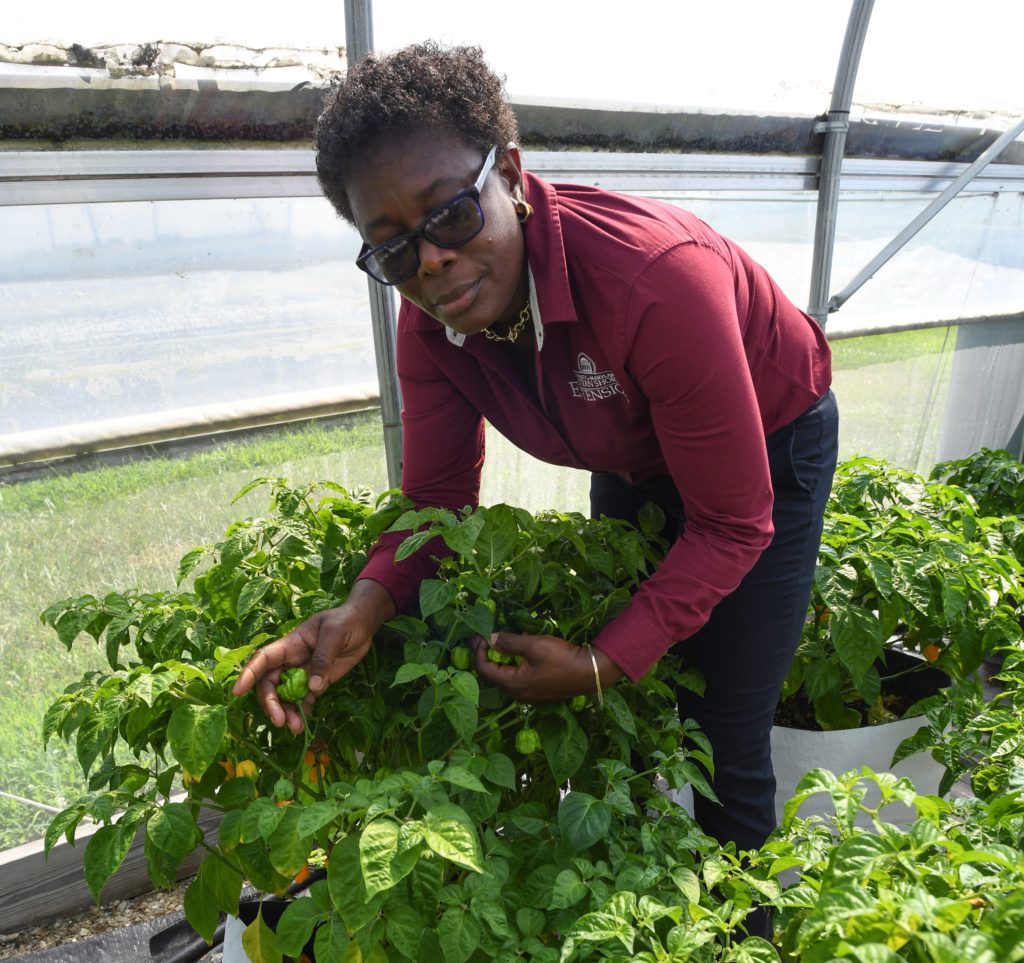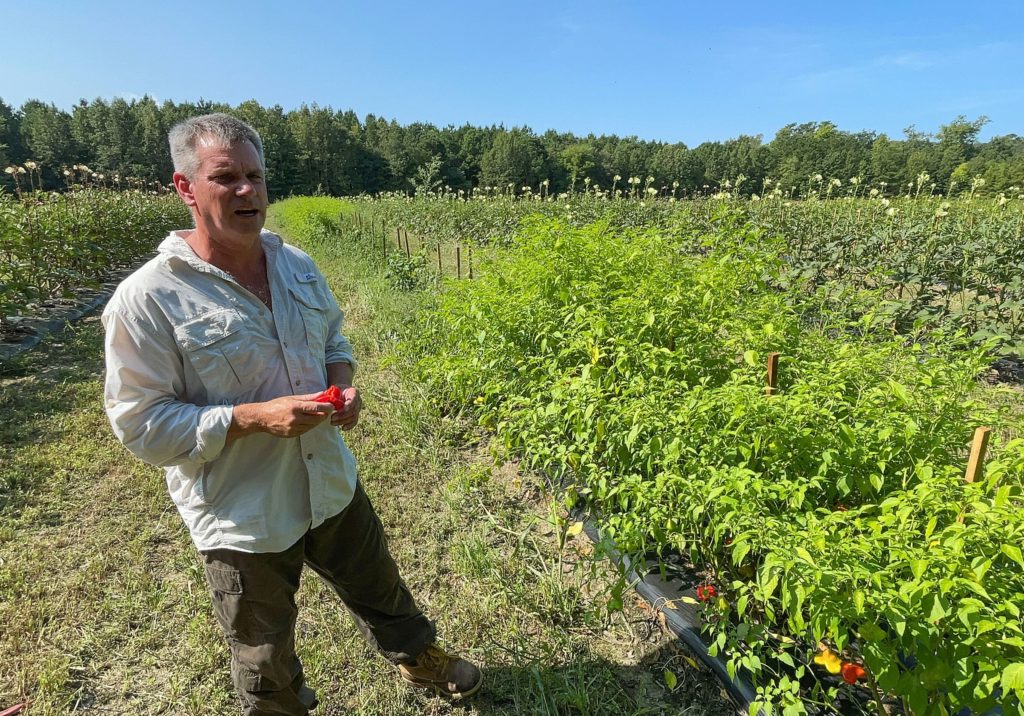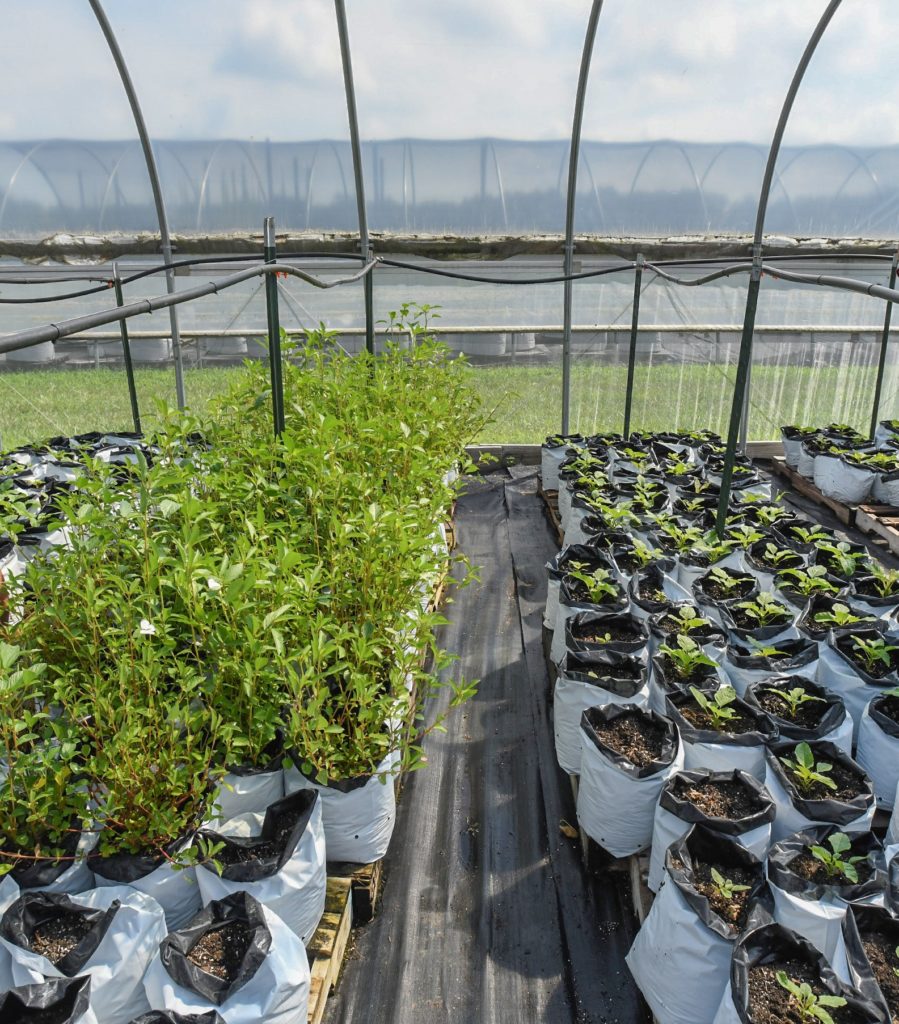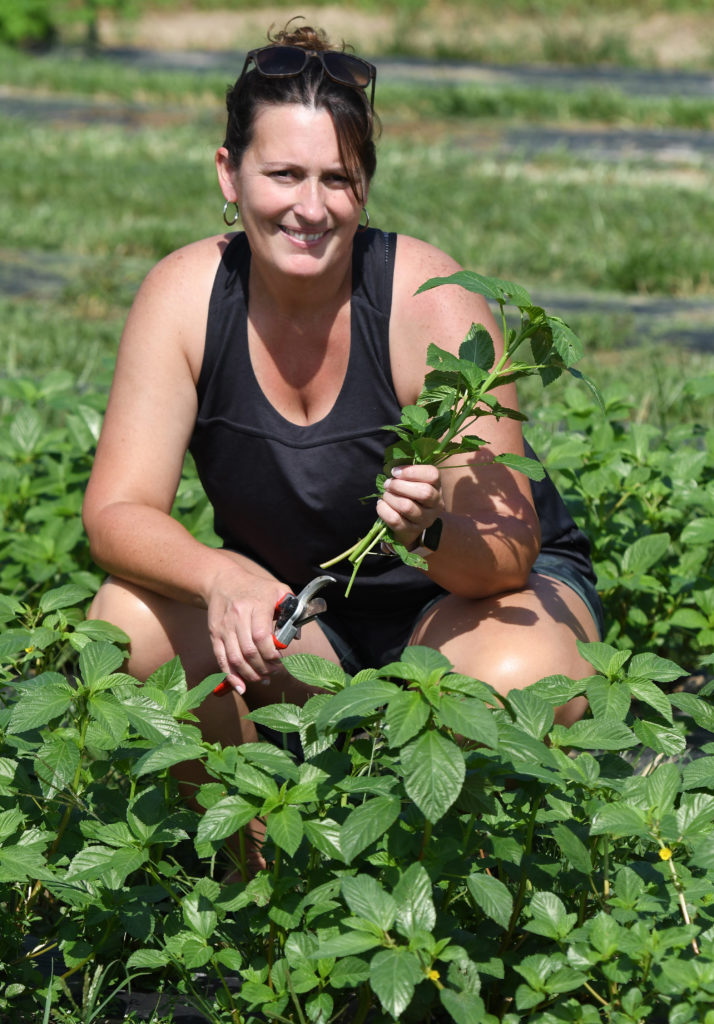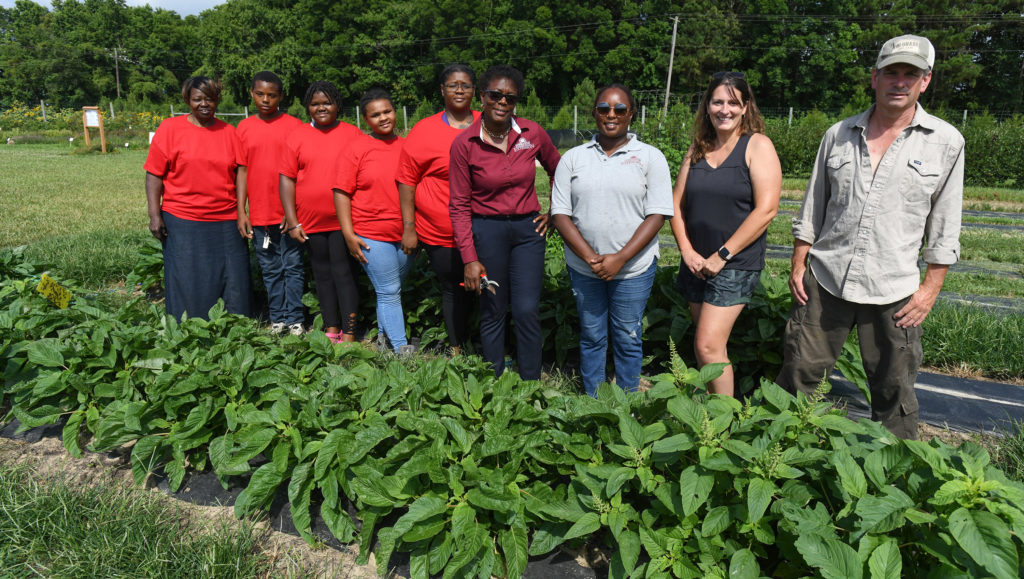
The Eastern Shore Branch of the Maryland Food Bank (MFB) and UMES Extension are involved in a pilot program this summer to provide fresh ethnic crops sought after by their clientele. At the same time, the partnership opens new opportunities and income to explore for Delmarva farmers facing rising costs.
According to the charitable organization, “Recognizing that hunger looks different in Western Maryland than it does in Baltimore or on the Eastern Shore, we take a regional approach to our food distribution efforts.” Last year, MFB’s Eastern Shore Branch distributed over eight million meals to community members in Somerset, Wicomico, Worcester, Dorchester, Caroline, Talbot, Kent and Queen Anne’s counties. Two of the counties, Somerset and Wicomico, are among the most food-insecure in the state. It does so with the assistance of 62 partners and 189 distribution points in the region.
Per their website, when the Maryland Food Bank was established over 40 years ago, the goal was to feed Marylanders struggling to secure food themselves. With growth, they are now more deliberate when it comes to the types of food they’re supplying neighbors in need. “Factors like housing instability, the high cost of living and under or unemployment should not dictate whether a person deserves a healthy meal.”
Through its Farm to Food Bank Program, MFB works with farms across the state to provide families in need with fresh local produce. A recent needs assessment showed that there was a growing desire for ethnic vegetables spurring Kate Long, director of nutrition for the food bank, to approach Dr. Nadine Burton, an alternative crop specialist with UMES Extension, early in the spring with a proposal to compensate farmers to grow ethnic crops for two food pantries on Delmarva.
Burton along with five collaborating farmers have created an aggregate to supply 1,000 pounds of produce per week to Rebirth Inc., in Salisbury and Aaron’s Place in Denton July through October to add to their weekly distribution. The goal, Burton said, is to test the supply and demand chain.
“We (area farmers) used to have to go to D.C. or other metropolitan areas to find markets for ethnic crops. Now, with changing demographics and tastes, the demand is growing right here on Delmarva,” Burton said. Consumers benefit by getting the products fresh from the field. “We provide same day harvest and delivery; the end users have it the same day it is delivered.”
Eastern Shore of Maryland farming partners working with Burton on the project are Catalpa Farm in Princess Anne, CP Farms in Westover, Paige’s Produce in Federalsburg, Tallawah Farms in Princess Anne, Wildophe Silain and Wood Duck Landing Farm in Princess Anne. The ethnic produce they are providing includes callaloo, hot peppers and jute leaves.
The hope, Burton said, is that the project proves viable enough for expansion, a win-win for farmers and those in need in our community.
Gail Stephens, agricultural communications and media associate, University of Maryland Eastern Shore, School of Agricultural and Natural Sciences, UMES Extension, gcstephens@umes.edu, 410-621-3850.
Photos by Todd Dudek, agricultural communications, University of Maryland Eastern Shore, School of Agricultural and Natural Sciences, UMES Extension, tdudek@umes.edu.


